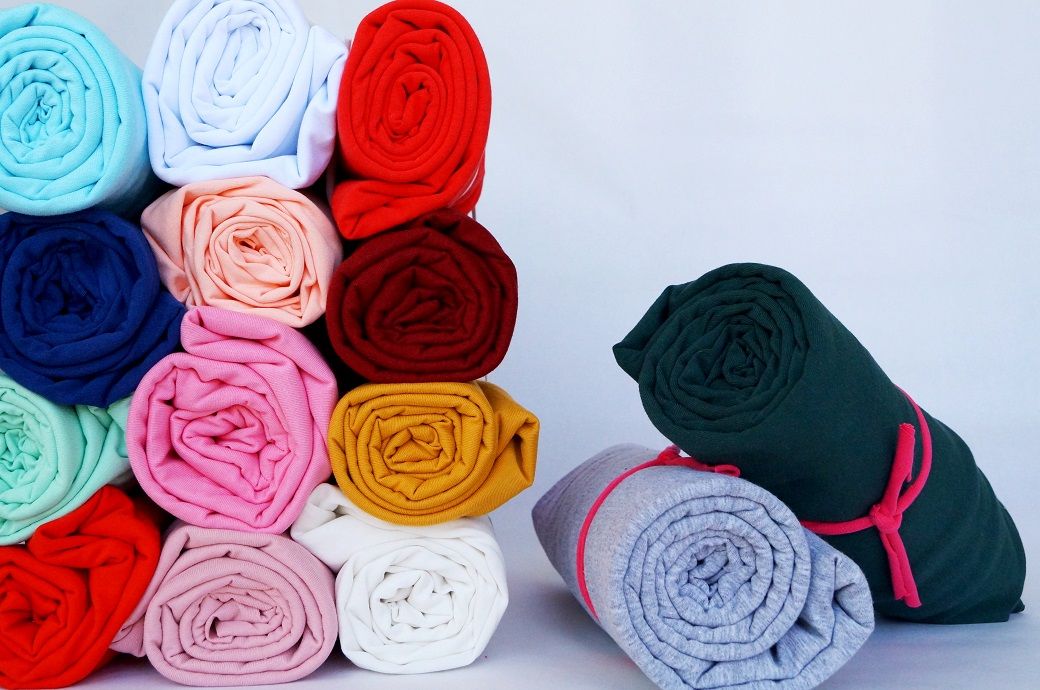
The Indian textile industry is grappling with a flood of cheaper knitted fabric from China. The industry and trade sectors are attributing this influx to under-invoicing. Recently, there was a consensus between industry representatives and the government to seek a solution to this issue. Following this development, it is anticipated that the government might restructure customs duty to counteract the massive imports through the manipulation of HSN codes and their descriptions.
Industry organisations voiced their concerns in a meeting with Piyush Goyal, minister of commerce and industry and textiles, and other officials from the ministry of textiles last week in New Delhi. Industry veteran R K Vij, representing the Textile Association of India (TAI) and North India Textile Mills Association (NITMA), recommended that to ensure fair trade practices, the price of imported knitted fabric should be a minimum of $4.5-5 per kg. Currently, these fabrics from China are being imported at an average price of $1.40-1.50 per kg.
Sanjay Garg, president of NITMA, commented on the meeting, stating that NITMA has been actively addressing the critical issue of under-priced imported knitted fabric from China, engaging with all relevant ministries over the past year.
Garg informed Fibre2Fashion, "Currently, knitted fabric is imported by manipulating the HSN code and its description. Certain types of knitted fabric made from blended yarns of rayon, lycra, and polyester are imported from China and sold in the domestic market as polyester-cotton yarn. Woven fabric is also being imported as knitted fabric by using the current duty structure.”
At present, the customs duty on woven fabric is set at 20 per cent or ₹115-150 per kg, whichever is higher, whereas the duty on knitted fabric is fixed at a rate of 20 per cent with no cap. Garg mentioned that the government may apply the duty of woven fabric to knitted fabric, meaning that the duty would be at least ₹115-150 per kg over the invoice price. This increase would raise the landed cost to protect the domestic industry, which is currently uncompetitive under the existing duty regime. Intriguingly, the imported finished knitted fabric is priced similarly to Indian spun yarn.
The minister and other officials recognised the seriousness of the issue and assured stakeholders that the anomaly would be resolved within two months.
Garg stated that comprehensive representations have been sent to the authorities, including the ministry of textiles, ministry of commerce and industry, and the Prime Minister's Office (PMO). These representations contain meticulously compiled import data and other relevant figures.
Representatives from various associations and trade bodies expressed significant concerns about the substantial influx of undervalued imports, estimated at approximately 1,000 tons per day, of Chinese knitted fabric mixed with woven fabric. This influx is leading to the underutilisation of the entire upstream textile industry in the country. According to industry estimates, India is losing revenue from both direct and indirect taxes, amounting to approximately ₹6,000-7,000 crore annually.
ALCHEMPro News Desk (KUL)
Receive daily prices and market insights straight to your inbox. Subscribe to AlchemPro Weekly!